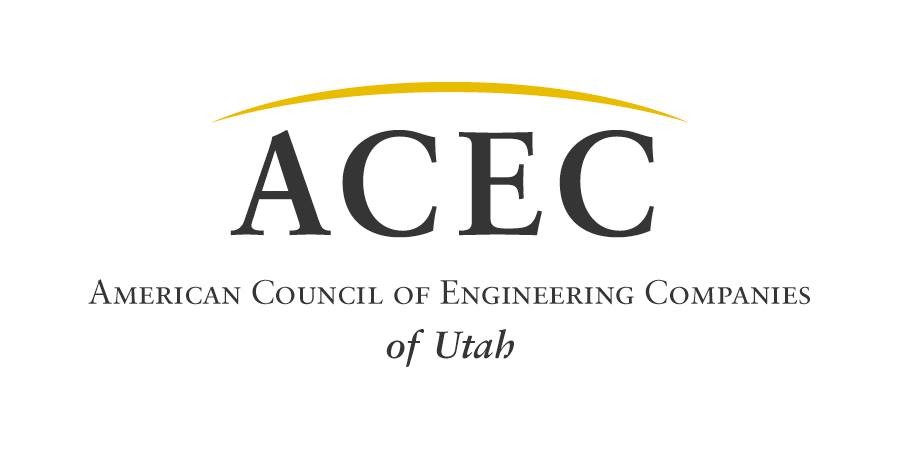Elevating Industry Standards and Practices: The Importance of HR and Business Training for Utah’s Engineering Firms
Excellence in the engineering industry is not confined exclusively to the mastery of technical skills. To truly elevate industry standards and practices, a holistic approach must be embraced. For engineering firms across our great state of Utah, part of this comprehensive methodology lies in the importance of Human Resources (HR) and business training. Such training play a crucial role in fostering a thriving engineering environment and effectively propelling Utah’s ongoing development.
The Value of Human Resource Training in Engineering Firms
Human resource standards are critical determinants of the operating practices within any engineering firm. HR is no longer merely a supporting function, but rather a strategic partner that directly contributes to an organization’s success. HR training helps to create an inclusive, productive, and legally compliant environment that breeds excellence and encourages professional growth.
Increased Awareness and Reinforcement of Employees’ Rights
Investing in targeted HR training in engineering firms enhances the awareness of employees’ rights, creating an environment that upholds these rights and promotes fairness. Having a comprehensive understanding of employment laws and regulations prevents potential legal disputes and upholds the dignity of employees. This, in turn, nurtures increased job satisfaction, employee retention, and overall morale.
Skills Development and Employee Growth
HR training often involves developing targeted skills among employees. This can range from conflict resolution, negotiation, and communication to leadership and team dynamics. By prioritizing such training, engineering firms can elevate the capabilities of their teams and cultivate a more harmonious and productive workplace.
The Impact of Business Training on Engineering Practices
Aside from technical competence, understanding business processes, economics, and managerial principles is crucial for engineering excellence. Business training is thus a key ingredient in the recipe for success in elevating industry practices in Utah’s engineering sector.
Strategic Perspective and Decision-Making
Business training equips engineering professionals with the skill set necessary to take a strategic view of operations. It enhances decision-making capabilities – particularly in resource management, project execution, and risk evaluation – ultimately fostering effective leadership.
Enhanced Operational Efficiency
Good business practices lead to operational efficiency. Effective business training can streamline operations, reduce waste, and improve productivity. It can offer insights into efficient project management, contract negotiation, and financial management, equipping professionals with the knowledge needed for their firm’s long-term success.
Nurturing a Holistic Approach to Training within Utah’s Engineering Firms
Substantive HR and business training necessitate a commitment to embracing a holistic approach to professional development. Here, at ACEC Utah, we encourage member firms to prioritize such robust training, embedding it within their organizational culture. There are several ways this can be done:
- Incorporate Continuous Learning: Foster a learning environment that encourages continuous professional and personal development. Regular training – whether through workshops, courses, or seminars – hones the skills of individuals and fortifies the competence of the collective team.
- Create Mentoring Programs: Implement mentoring and coaching programs within your firm. Such practices offer personalized guidance and insights, thereby enhancing the practical understanding of HR and business dynamics.
- Leverage Online Training: Utilize digital platforms for convenient, self-paced learning. Online courses are an effective tool for acquiring new skills, and they offer professionals the flexibility to learn at their own convenience.
The engineering sector shapes the very infrastructure of Utah, combining technical prowess with innovative thought to drive societal prosperity. By expanding the focus to include HR and business training, Utah’s engineering firms can elevate industry standards and practices, fortifying their contribution to the ongoing growth and prosperity of our state.
Remember, every stride we make in honing our non-technical competencies is a stride in amplifying our collective strength. As much as we engineer buildings, roads, bridges, and landscapes, let’s continue to engineer our collective capabilities, enhancing the professional landscape for all of Utah’s engineering firms.






